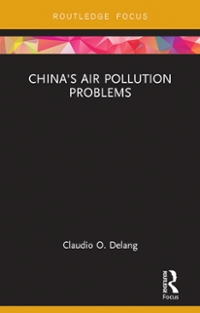Answered step by step
Verified Expert Solution
Question
1 Approved Answer
1. Suppose there are three mutually exclusive groups in a particular province: timber company shareholders, environmentalists, and neutral parties. The numbers of each are as
1. Suppose there are three mutually exclusive groups in a particular province: timber company shareholders, environmentalists, and neutral parties. The numbers of each are as follows: Shareholders: 100 Environmentalists: 500 Neutral Parties: 1,500 The total profit from logging is $8,000, which is evenly divided among shareholders. Environmentalists wish to stop all logging and are willing to pay $25 each to do so. Neutral parties are uninterested in this debate. a. Is a law banning logging Pareto optimal? Is it Kaldor-Hicks efficient? Explain. (3 marks). b. b. Suppose that owners of the timber company would be fully compensated if logging were prohibited, but this would require raising tax revenue of $8,000 and paying it to shareholders. For each of the following scenarios, state whether a law banning logging, coupled with compensation is Pareto optimal, and whether it is Kaldor-Hicks efficient. i. The tax is assessed equally on both environmentalists and neutral parties. ii. The tax is assessed only on environmentalists (2 marks)
Step by Step Solution
There are 3 Steps involved in it
Step: 1

Get Instant Access to Expert-Tailored Solutions
See step-by-step solutions with expert insights and AI powered tools for academic success
Step: 2

Step: 3

Ace Your Homework with AI
Get the answers you need in no time with our AI-driven, step-by-step assistance
Get Started


